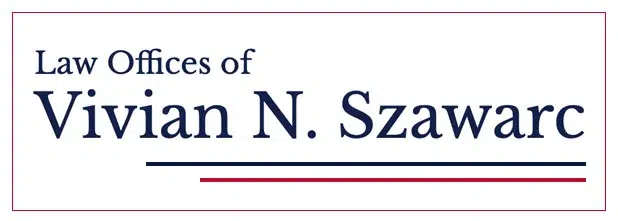Las “Mociones 995” en California son solicitudes legales que se presentan en casos penales graves con el objetivo de que un juez de primera instancia desestime uno o más cargos en una denuncia. Estas mociones se presentan después de una audiencia preliminar pero antes del juicio. El propósito principal es que el juez revise si existen fundamentos legales sólidos para llevar adelante el caso. En términos más sencillos, una “Moción 995” busca eliminar cargos específicos en un caso penal si se considera que no hay suficientes pruebas o fundamentos legales para respaldar esos cargos en particular.
El proceso generalmente involucra argumentos legales por parte de la defensa y el fiscal, seguidos de una decisión del juez. Si la moción es concedida, los cargos relacionados se desestiman y ya no se consideran parte del caso. Sin embargo, el fiscal puede apelar esta decisión o, en algunas circunstancias, volver a presentar los mismos cargos. Estas mociones son una herramienta legal importante en el sistema de justicia de California para garantizar que las acusaciones sean fundamentadas y basadas en pruebas sólidas antes de llegar a juicio. Si te enfrentas a acusaciones penales en California y tienes preguntas o preocupaciones sobre las “Mociones 995”, es fundamental consultar con un abogado especializado en derecho penal en California para obtener asesoramiento específico sobre tu situación legal.
En casos de “995”, las audiencias preliminares en California se aplican principalmente a denuncias por delitos graves, pero estas denuncias a menudo incluyen cargos tanto graves como menores, así como alegaciones de mejoras en las penas o circunstancias especiales. La defensa tiene la opción de impugnar estos cargos, mejoras o circunstancias mediante una “Moción 995”.
La defensa puede argumentar dos situaciones principales:
- El acusado fue enviado a juicio de manera ilegal, lo que puede ocurrir si se le niegan derechos fundamentales durante la audiencia preliminar, como el derecho a un abogado acreditado, el derecho a una audiencia preliminar en una única sesión, el derecho a presentar y cuestionar testigos, y el derecho a ser informado sobre la posibilidad de contar con un abogado.
- El acusado fue enviado a juicio sin una causa probable suficiente. Según la Decimocuarta Enmienda, un juez en California solo puede llevar a juicio a una persona por un delito grave o menor si existe una causa probable respaldada por hechos. La causa probable no implica probar la culpabilidad más allá de toda duda razonable, pero los hechos deben ser suficientes para generar una sospecha sólida y honesta de la culpabilidad del acusado.
En resumen, una “Moción 995” es una herramienta legal que permite a la defensa impugnar cargos, mejoras o circunstancias en un caso penal si se considera que no se han respetado los derechos del acusado o si la causa probable para el juicio no está respaldada por hechos suficientes.






